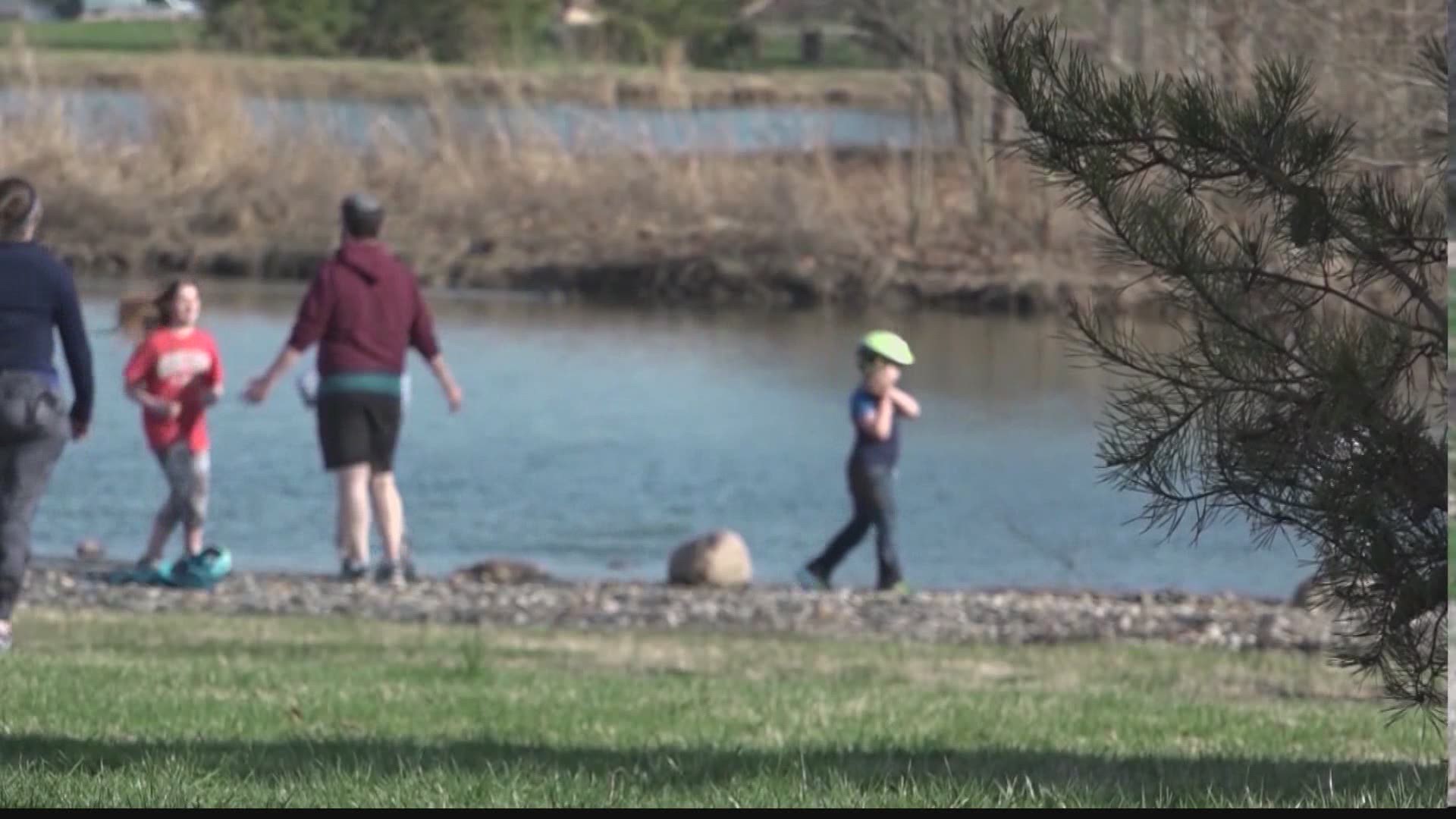HUNTSVILLE, Ala. —
It’s been three months since Madison County held its first COVID-19 press conference. But, we still have so far to go in the search for a vaccine. Adapting to a “new normal” can be something that proves to be difficult over time. It’s called "pandemic fatigue" and it could be affecting you.
It’s uncertain when a vaccine for COVID-19 will be developed and we can get back to what we all consider “normal”. But, all these changes during the pandemic can start to add up and affect the way we act and feel.
During Wednesday's Madison County COVID-19 update, CEO of Huntsville Hospital, David Spillers, says, “We have pandemic fatigue in our community. People aren’t willing to do what they were doing 30 days ago.”
But, what is “pandemic fatigue”?
It's a feeling of restlessness that people could experience after months of changes brought by COVID-19. They might feel the need to revert to old habits and do pre-pandemic activities in order to cope with the changes, and could be less likely to adhere to safety guidelines.
But, the effects could be much deeper. We spoke with counselor, Monretta Vega, from Huntsville Psychotherapy and Counseling Services about the impact of this pandemic. Vega says, “This is outside our norm and we’re still trying to adjust in a lot of ways.”
She adds, “Each person may be impacted differently. But, if you see any extreme changes in your mood-- highs or lows. You may have extreme energy or none whatsoever. A little bit more anger or irritability than normal, you may be experiencing some pandemic fatigue.”
According to a study by the Kaiser Family Foundation, nearly half (45 percent) of adults say the pandemic has affected their mental health, and 19 percent say it has had a “major impact". As numbers rise, and people keep up with the daily updates of the virus, it could be overwhelming.
Monretta Vega says, “We have to be mindful that when we are checking the phone all day it can cause eye strains, migraines, headaches and again fatigue.”
For many, the activities they might normally do to cope with stress, are no longer available, and working from home could make the feeling worse. Vega says, “A lot of us have made home a peaceful place and so when we incorporate work, it can have a stressful connotation that can cause us to not focus as much as we need to.”
Monretta Vega says her own clients have expressed concerns. She says, “There’s been an underlying feeling of anxiety and just kind of uncertainty. Just generally, across the board.”
But, the effects can manifest physically as well with loss of sleep, appetite or mood swings.
When you’re feeling restless and experiencing “pandemic fatigue", one tip is to remember to stay connected with family and friends with video calls. But even that should be done in moderation. Try to set aside 30 minutes to an hour doing something that makes you happy.
RELATED: Tips to help you fall asleep

